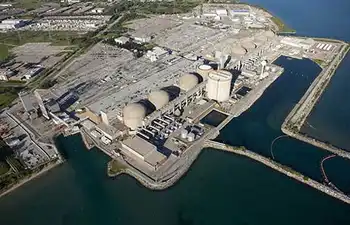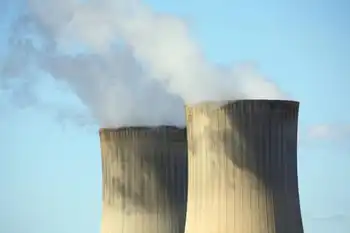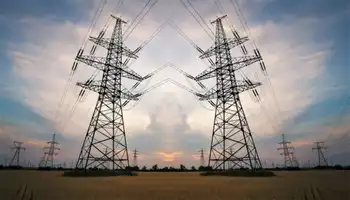EPA praises energy-saving ethanol plant
KANSAS CITY, MISSOURI - The Environmental Protection Agency (EPA) recently recognized the Missouri Joint Municipal Electric Utility Commission for reducing energy consumption and greenhouse gas emissions at a recent ceremony in Kansas City.
An Energy Star Combined Heat and Power Award was given for its combustion turbine-based system located at the POET Biorefining ethanol plant at Laddonia.
"EPA is proud to recognize the outstanding pollution reduction and energy efficiency innovations of this project by presenting this award. The heat recovery system is contributing to a cleaner and healthier environment," said William Rice, EPA acting regional administrator.
The heat recovery steam generation system has been operational at the Laddonia ethanol plant since September 2007. Electricity is generated by a natural gas-fired turbine, which requires approximately 26% less fuel than typical on-site thermal generation and purchased electricity.
Based on this comparison, the system reduces carbon dioxide emissions by an estimated 31,000 tons per year. This is equivalent to 6,400 acres of pine or fir forests storing carbon for one year or the annual emissions from 5,200 passenger vehicles.
Waste heat is recovered from the turbine exhaust and used to produce up to 63,000 pounds of steam per hour to support ethanol production. The system generates up to 13 megawatts of electricity.
"We want to thank the Missouri Joint Municipal Electric Utility Commission for helping POET in its mission to further reduce the environmental impacts of transportation fuel," said Jeff Broin, POET CEO. "As this partnership demonstrates, we are committed to making the production of ethanol even more efficient."
Related News

Ontario confronts reality of being short of electricity in the coming years
TORONTO - In a fit of ideological pique, Doug Ford’s government spent more than $200 million to scrap more than 700 green energy projects soon after winning the 2018 election, portraying them as “unnecessary and expensive energy schemes.”
A year later, then Associate Energy Minister Bill Walker defended the decision, declaring, “Ontario has an adequate supply of power right now.”
Well, life moves fast. At the time, scrapping the renewable energy projects was criticized as short-sighted and wasteful. It seems especially so now as Ontario confronts the reality of being short of electricity in the coming years.
How short? A recent report by…




